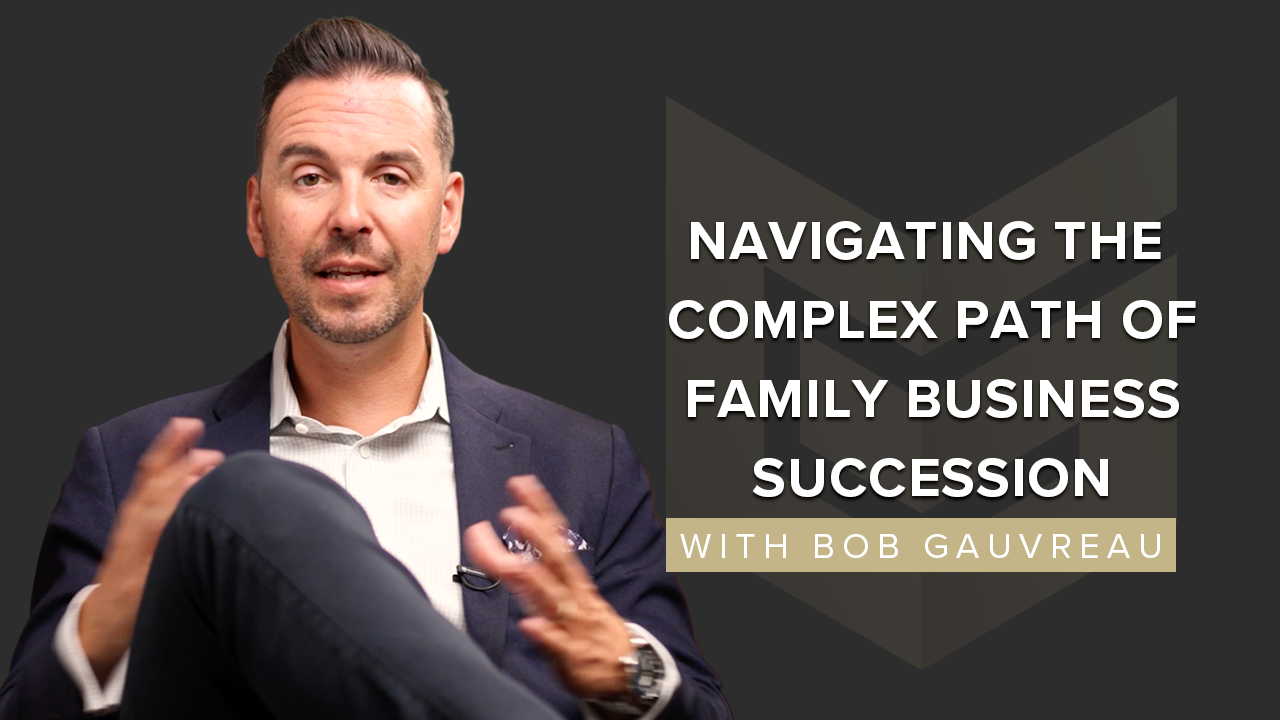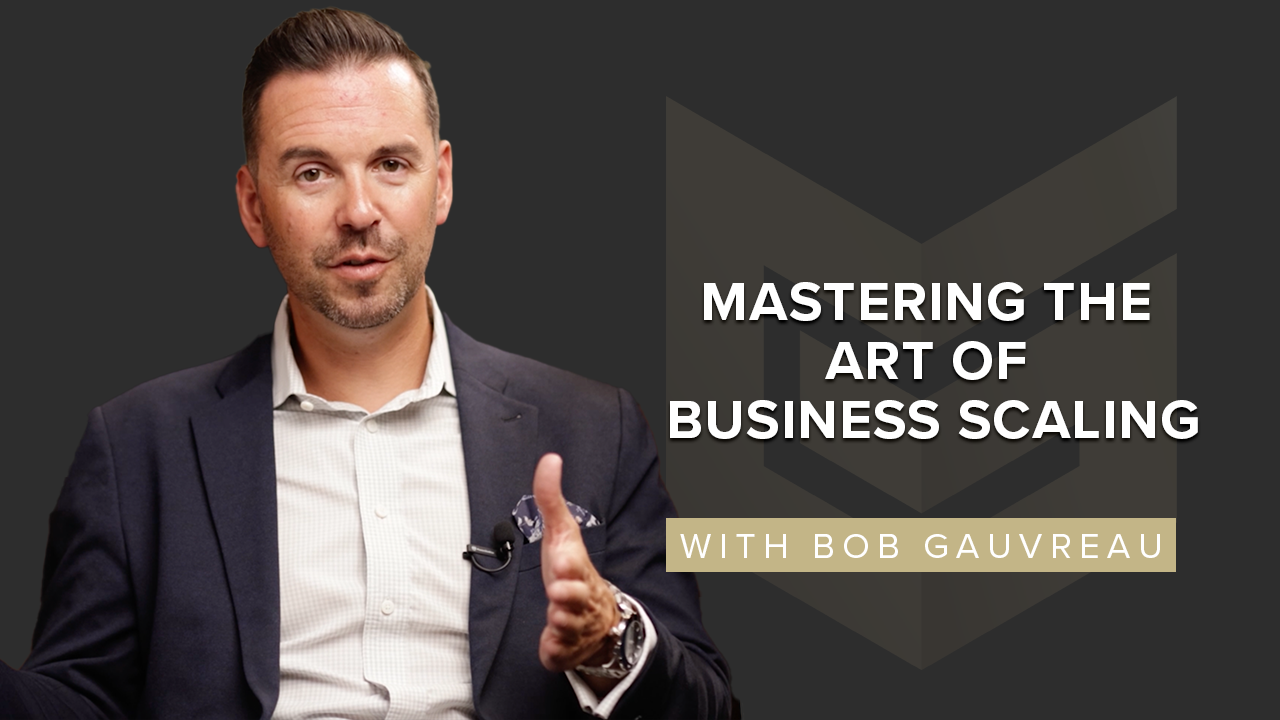Navigating the Complex Path of Family Business Succession
Family businesses hold a unique and cherished place in the world of commerce. United by bonds of blood and shared history, they epitomize...
2 min read
 Gauvreau Accounting Tax Law Advisory
Apr 1, 2024
Gauvreau Accounting Tax Law Advisory
Apr 1, 2024
Exiting a business is not as common or straightforward as many entrepreneurs may think. With only about 20% of businesses successfully selling or transitioning to new ownership, the odds are stacked against a seamless exit. However, understanding the nuances of exit strategies can significantly enhance the chances of a successful sale or succession.
A successful business exit is rarer than commonly perceived. Approximately 80% of businesses are not saleable or lack suitable successors, highlighting the necessity of deliberate and strategic planning for those seeking to transition their business successfully. This reality check serves as a crucial wake-up call for business owners to prioritize exit planning as an integral part of their business strategy.
One potential exit strategy is finding an external buyer, which could be an internal employee, a private equity firm, a competitor, or an outsider interested in entering the business. This process involves valuing the business and deciding whether to sell assets or shares, each with its distinct implications, especially concerning taxation.
In a share sale, for example, business owners can benefit from tax exemptions, such as the lifetime capital gains exemption in Canada, saving up to a million dollars in taxes. This contrasts with asset sales, where such tax advantages are not available. Therefore, the choice between asset and share sale becomes a pivotal decision in the negotiation process, often influenced by the potential tax savings.
Succession planning presents another exit strategy, particularly for family-owned businesses or those with potential internal successors lacking immediate financial resources. Techniques like estate freezes can lock in the current value of the business for the exiting owner while allowing the next generation or internal successors to contribute to and benefit from future business growth, all without immediate tax consequences or financing hurdles.
Strategic timing is critical in exit planning. Ideally, business owners should start structuring their exit plan at least two years in advance to optimize tax efficiency and ensure a smoother transition. Procrastination can lead to missed opportunities and increased tax liabilities.
Exiting a business successfully requires careful planning and strategic decision-making. With a low general success rate for business sales and transitions, it's vital to understand the diverse exit strategies available and the financial and tax implications of each. Working closely with tax advisors and accountants can provide the guidance needed to navigate this complex process, aiming for a successful and financially sound business exit or succession.
Ready to navigate your business exit with confidence? Don’t leave your success to chance. Schedule a consultation with our expert team today to explore personalized exit strategies that safeguard your legacy and maximize your financial gains. Click below to book your appointment and start paving the way for a successful transition.

Family businesses hold a unique and cherished place in the world of commerce. United by bonds of blood and shared history, they epitomize...

Scaling a small business is a thrilling yet challenging endeavour. The prospect of growth, team expansion, and increased profitability...

Let's talk about creating a budget for small businesses. I'm going to take a step back here and just say that if I had to give advice for...